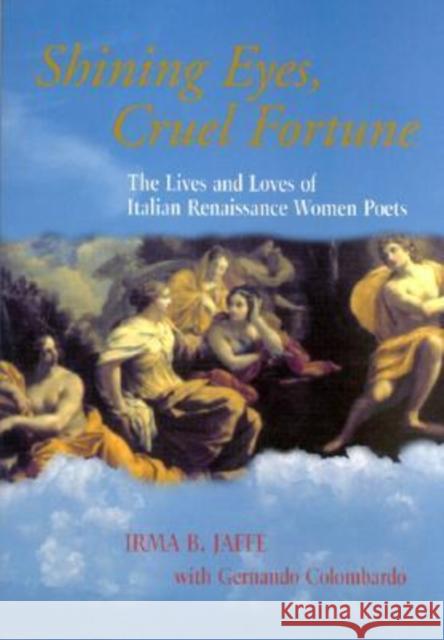The Italian Presence in American Art, 1860-1920 » książka
The Italian Presence in American Art, 1860-1920
ISBN-13: 9780823213429 / Angielski / Twarda / 1992 / 265 str.
Like a magic potion, Italianita has seeped through the stream of American aesthetic consciousness ever since Benjamin West stepped onto Italian soil in 1760. The first period of this artistic phenomenon was investigated in The Italian Presence in American Art, 1760-1860 and the book at hand thus continues this intellectual exploration in its development during the following sixty years. Those decades between the Civil War and World War I brought to a climax the growing sense of American continental nationhood, and this strengthened perception of national identity was reflected in American art. A synthesis was achieved in which American values and images were fused with the great tradition flowing from its Italian source. Among the themes that arise from this examination of the role that Italy played in shaping American art is first and foremost the struggle to resolve the issue of what American art ought to express: our European heritage or our cultural independence. This question penetrates to the heart of the most widely debated topic in present-day American culture - multiculturalism. The reader may well find previously unconsidered relationships between our past and present, and may be led to reconsider problems posed by the conflicting needs of unity and diversity in our nation. Other themes that appear in these essays deal with the development of American wealth and its role in influencing the taste of the period, and with feminism. In these pages it will be noticed how very closely American art mirrors the American Experience. While all art reflects the cultural context in which it is created, the nature of American art, predominantly Romantic-Realism, makes the link between idea and image particularly visible. What becomes evident is that the Italian presencewas almost never a simple matter of direct influence; rather it was an experience for American artists that afforded them, above all, insight and inspiration. Italy was America's muse.











